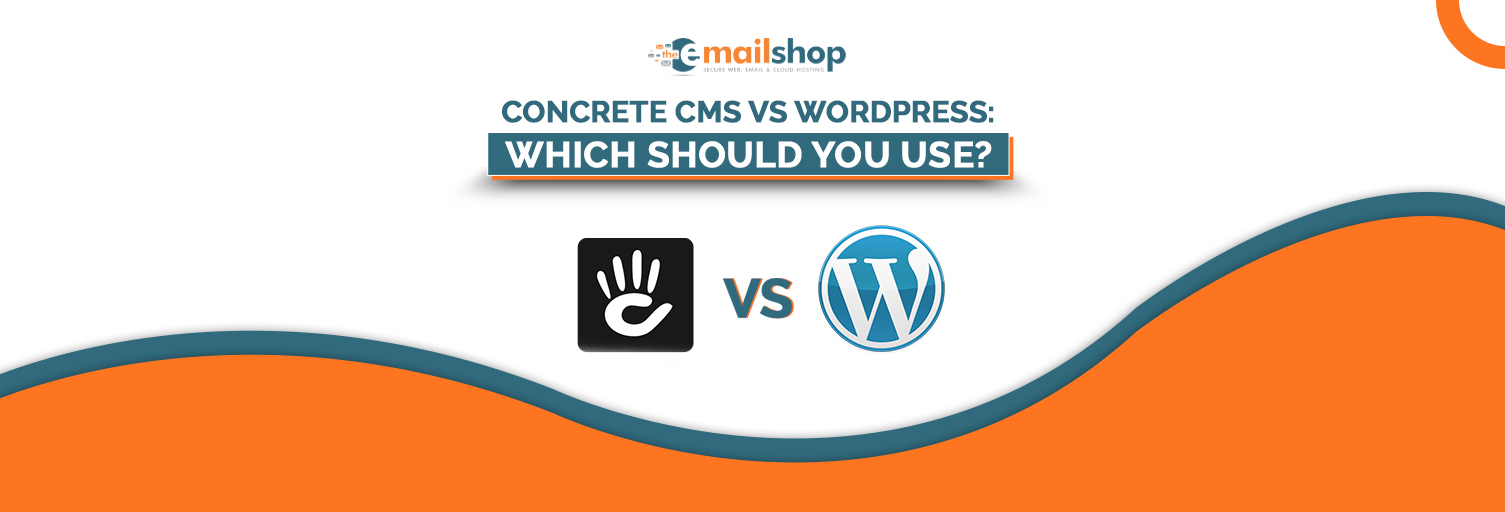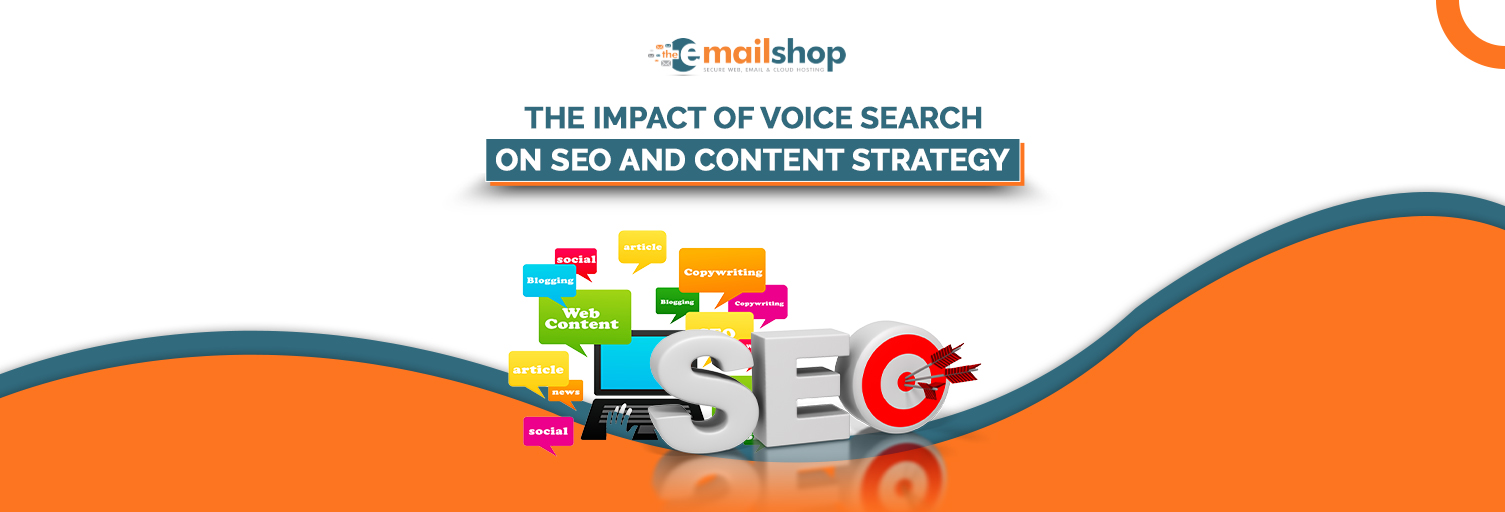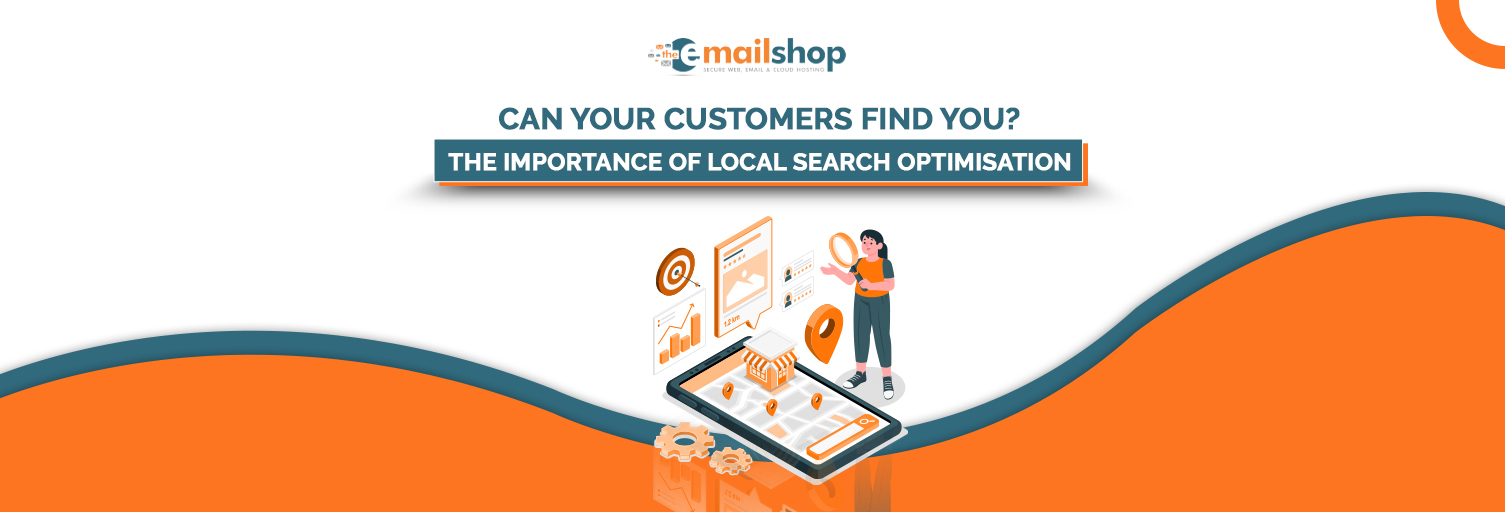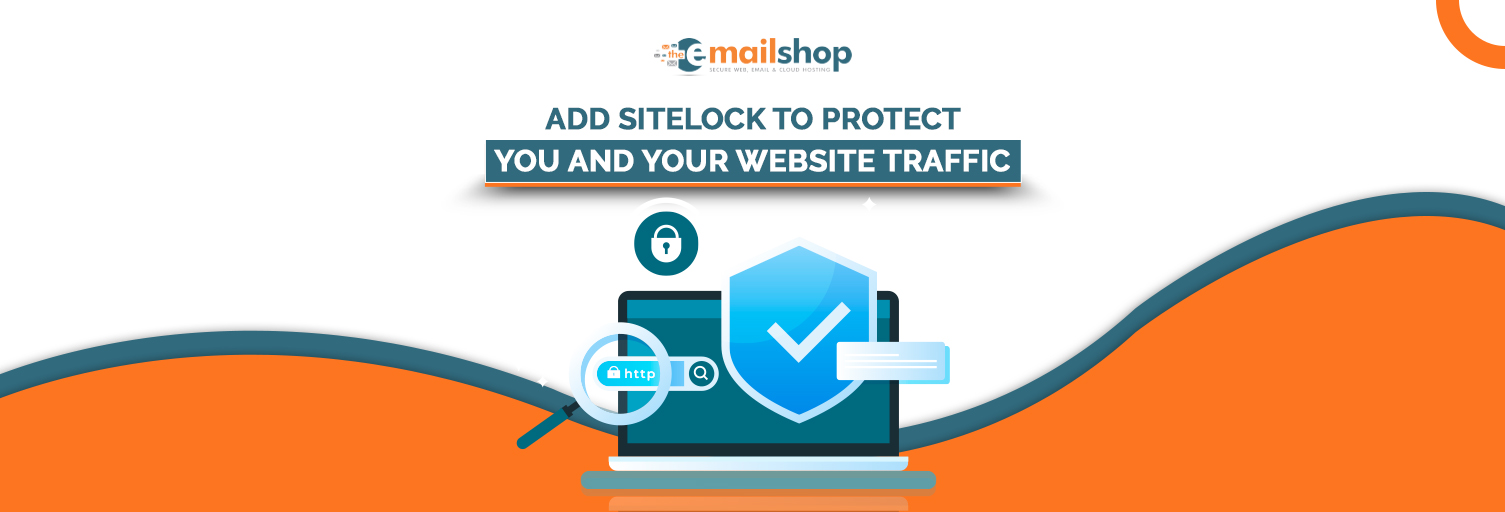Even though every firm in 2024 needs a website, many entrepreneurs lack the technological know-how to build one themselves. You don’t have to code your website anymore, which is wonderful news. Modern content management systems (CMS), including WordPress and Concrete, have replaced all of that. On the other hand, modern web design is quite simple and consists of creating the content that users will view on your website as well as selecting the necessary tools and styles. However, the platform you choose might have a significant impact on this process. Let’s find out which of Concrete and WordPress is ideal for you, even though they have a lot in common.
What is Concrete CMS?
Concrete CMS (formerly Concrete5) is a robust, open-source CMS designed for ease of use and flexibility. Known for its in-context editing capabilities, it offers a streamlined experience for creating and managing websites.
Key Features:
- Drag-and-Drop Editor: Intuitive editing experience directly on the page.
- Customizable Themes: Flexible design options for unique layouts.
- Advanced Permissions: Granular control over user roles and access.
- SEO-Friendly: Built-in tools like meta tags, clean URLs, and XML sitemaps.
- Strong Security: Regular updates and built-in protection against vulnerabilities.
Ideal For:
- Small to medium-sized businesses.
- Non-technical users who value simplicity.
- Organizations requiring strict permission controls.
What is WordPress?
WordPress is the most widely used CMS globally, powering over 40% of websites on the internet. Its versatility and vast plugin ecosystem make it a favorite for projects of all sizes.
Key Features:
- Ease of Use: User-friendly dashboard for content creation and management.
- Plugins and Themes: Over 60,000 plugins and thousands of themes for customization.
- SEO Capabilities: Comprehensive SEO plugins like Yoast SEO and Rank Math.
- Scalability: Supports everything from blogs to large-scale e-commerce sites.
- Community Support: Extensive resources and community forums for assistance.
Ideal For:
- Bloggers, startups, and enterprises.
- E-commerce sites (via WooCommerce).
- Developers seeking extensive customization options.
Concrete CMS vs WordPress: Detailed Comparison
| Category | Concrete CMS | WordPress |
| Ease of Use | In-context drag-and-drop editor; highly intuitive. | User-friendly dashboard, but advanced features require learning. |
| Customizability | Flexible but limited to built-in tools and themes. | Extremely customizable with thousands of plugins and themes. |
| SEO Capabilities | Built-in tools for metadata, clean URLs, and sitemaps. | Advanced SEO plugins (Yoast SEO, Rank Math) for detailed optimization. |
| Performance | Lightweight and optimized for speed. | Performance varies; depends on the hosting and plugins used. |
| Security | Strong security features are built-in with regular updates. | Requires plugins and maintenance to ensure optimal security. |
| Scalability | Best suited for small to medium-sized sites. | Suitable for websites of all sizes, from blogs to enterprise-level projects. |
| Plugins/Add-ons | Limited third-party add-ons; focuses on core functionality. | Over 60,000 plugins for features like SEO, analytics, e-commerce, etc. |
| Themes | Moderate selection of customizable themes. | Extensive range of free and premium themes available. |
| User Roles/Permissions | Advanced granular permissions out of the box. | Requires plugins for detailed role management. |
| Community Support | Smaller community with limited resources. | Massive global community, extensive forums, and resources. |
| E-Commerce Support | Basic e-commerce features with add-ons. | Powerful e-commerce capabilities through WooCommerce. |
| Cost | Free with optional paid extensions. | Free core; costs may increase with premium plugins, themes, and hosting. |
| Updates | Controlled updates ensuring stability. | Frequent updates; may cause compatibility issues. |
| Multilingual Support | Built-in multilingual support. | Requires plugins like WPML or Polylang for multilingual capabilities. |
| Best For | Small to medium businesses; non-technical users. | Bloggers, startups, e-commerce stores, and enterprises. |
| Hosting Requirements | Lightweight; works well with most hosting providers. | Requires optimized hosting for large-scale or high-traffic sites. |
When to Choose Concrete CMS Over WordPress
Concrete CMS is an excellent choice for projects that prioritize ease of use, in-context editing, and streamlined design customization. Its intuitive interface allows users to edit content directly on the live page, making it ideal for non-technical users who want a visual editing experience. Concrete CMS offers robust built-in tools for security and team collaboration, including advanced user permissions and workflows, which are particularly beneficial for large organizations or enterprises managing multiple users. Unlike WordPress, which heavily relies on plugins for extended functionality, Concrete CMS provides many features natively, ensuring a more streamlined and secure experience. It’s especially suited for corporate, government, or enterprise-level websites that require scalability, detailed permissions, and robust security features. If your project demands custom application development or advanced functionality beyond traditional CMS capabilities, Concrete CMS is a strong contender over WordPress.
Read More: How Cloud Hosting Ensures Reliability with Load Balancing
Conclusion
Both Concrete CMS and WordPress are powerful content management systems, but their strengths cater to different needs. Concrete CMS shines with its intuitive in-context editing, built-in security, and robust team collaboration tools, making it ideal for enterprises, government projects, and custom application development. On the other hand, WordPress offers unmatched flexibility, an extensive plugin ecosystem, and a vast community, making it a go-to choice for blogs, eCommerce sites, and diverse web projects. The right choice ultimately depends on your project’s priorities. Consider factors such as ease of use, customization needs, security requirements, and scalability before making a decision. Whichever platform you choose, both can provide the tools needed to build a functional, professional, and engaging website.









